The used market for new energy vehicles is sluggish—can their residual value be improved? The current used market for new energy vehicles faces the challenge of low residual value. However, through technological breakthroughs, market regulation, and enhanced consumer awareness, the residual value potential can achieve systematic improvement. This process requires collaborative efforts from multiple industry stakeholders.
The core contradiction constraining resale value lies in the rapid pace of technological iteration coupled with an incomplete battery degradation assessment system. New energy vehicles undergo technological updates at a significantly faster cycle than traditional fuel vehicles. Rapid advancements in key metrics like battery energy density and charging efficiency cause older models to depreciate rapidly in the used market.
The absence of standardized battery health assessment criteria makes it difficult for dealers and buyers to agree on a vehicle’s actual range capability, further depressing acquisition and transaction prices. This technology-driven depreciation effect requires mitigation through the establishment of a unified battery testing and certification system to stabilize residual value expectations.
The level of standardization in market circulation directly impacts the transaction efficiency and price formation mechanisms for used new energy vehicles. Challenges like cross-regional circulation barriers and insufficient dealer expertise prolong vehicle turnover cycles and increase inventory costs. Pilot programs in some regions offering specialized subsidies for used new energy vehicles have preliminarily demonstrated the feasibility of leveraging policy incentives to unlock market potential.
However, breakthroughs in battery technology and smart features for new-generation models, coupled with extended warranties on the three-electric systems by automakers, are shifting consumer perceptions of long-term vehicle value. Improvements in charging infrastructure and expanded maintenance networks are also lowering usage barriers and subsequent costs, further enhancing the appeal of used vehicles.
Can Resale Value Improve in the Sluggish New Energy Vehicle Market? The sustained growth in new energy vehicle ownership and increasing market maturity will provide fundamental support for their resale value. Once new energy models surpass a critical mass in the overall automotive market, achieving economies of scale, the supply costs for repair parts will optimize, thereby reducing long-term maintenance expenses.


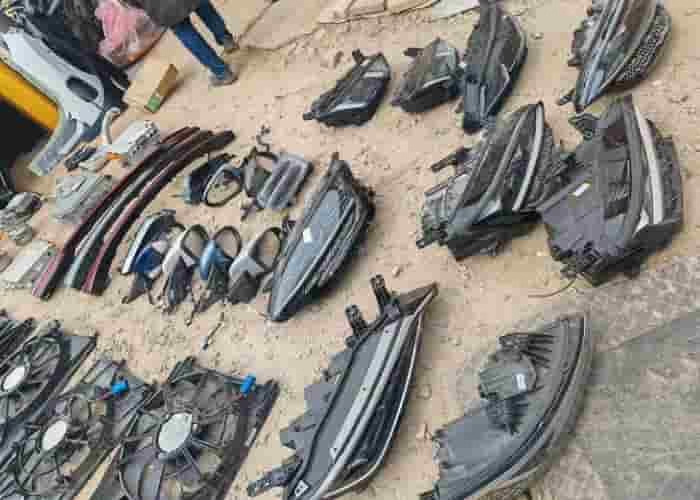

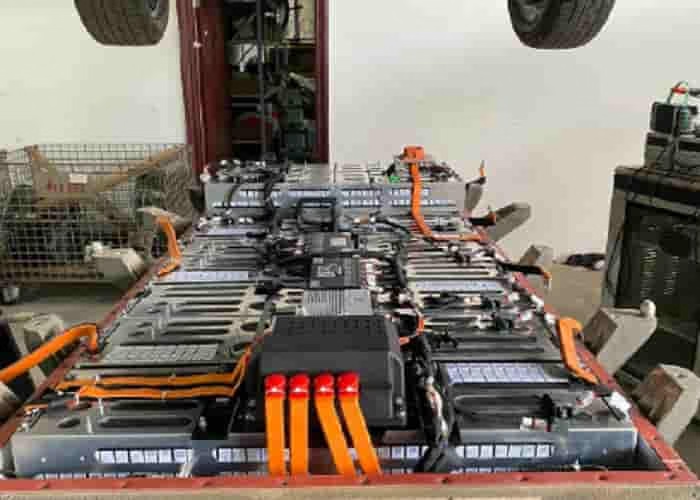
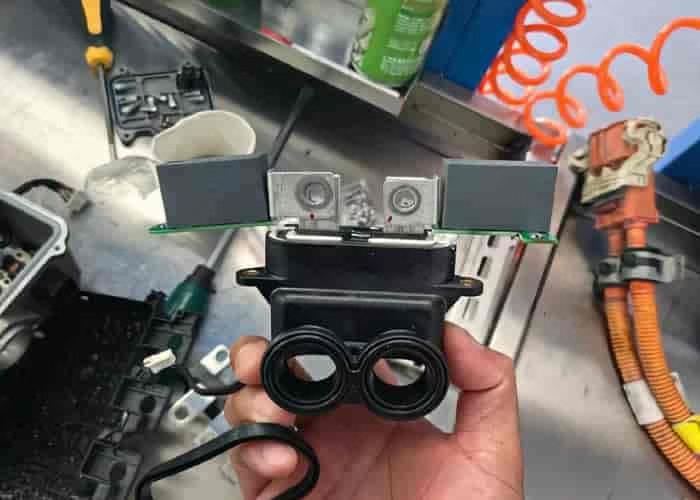
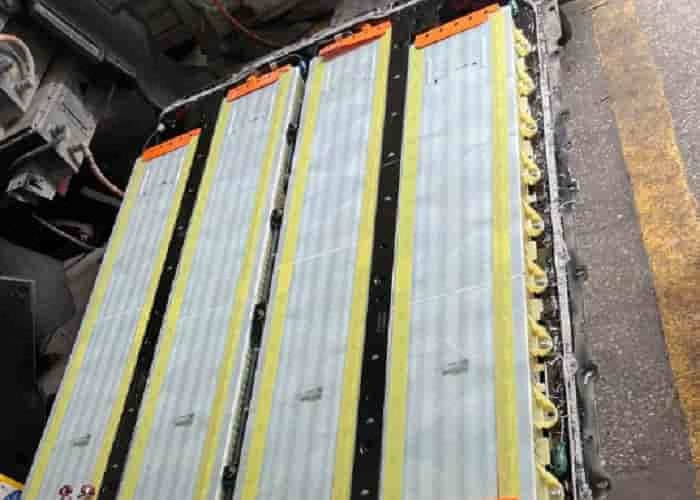
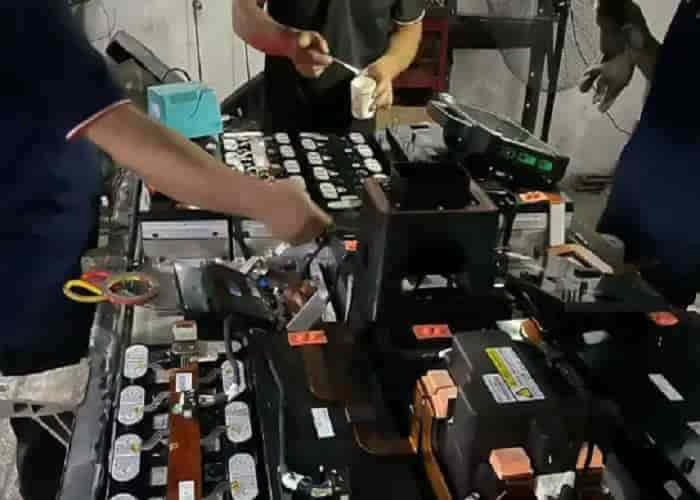
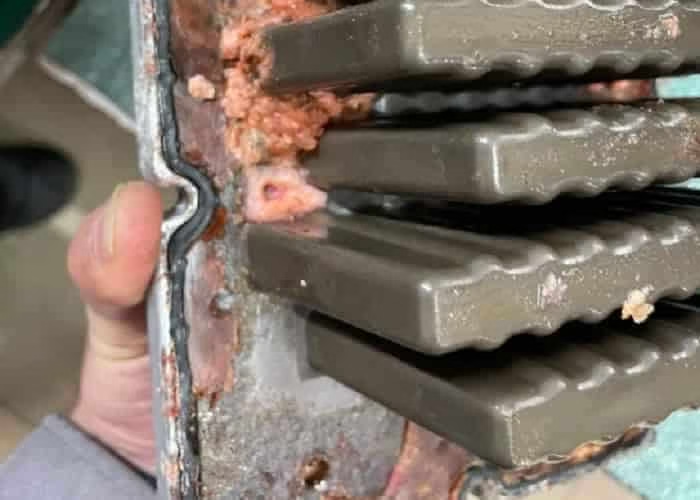

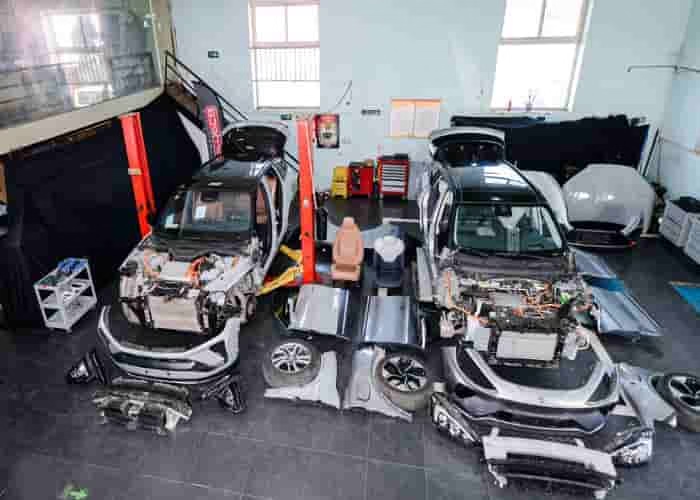
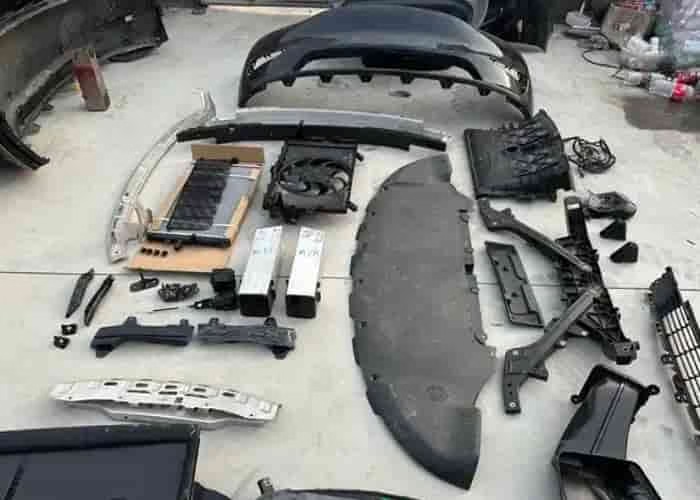
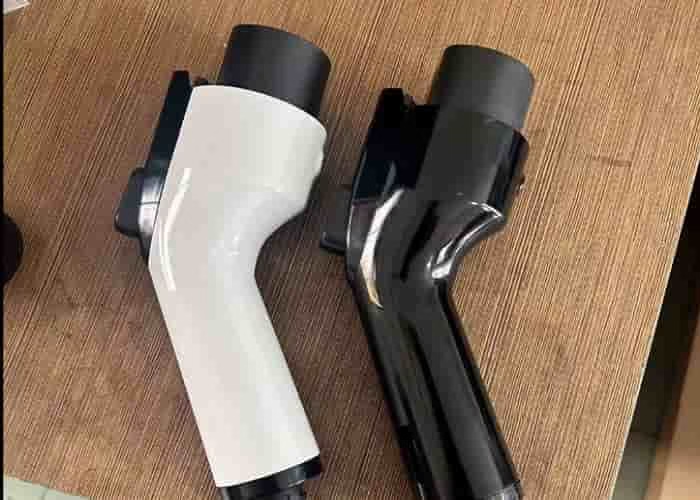

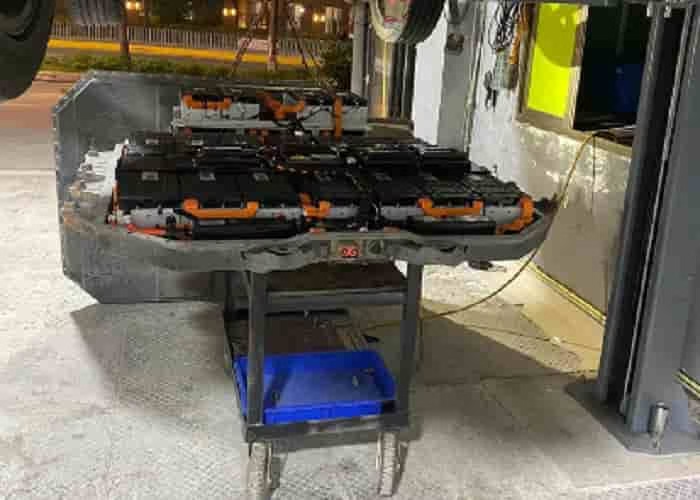
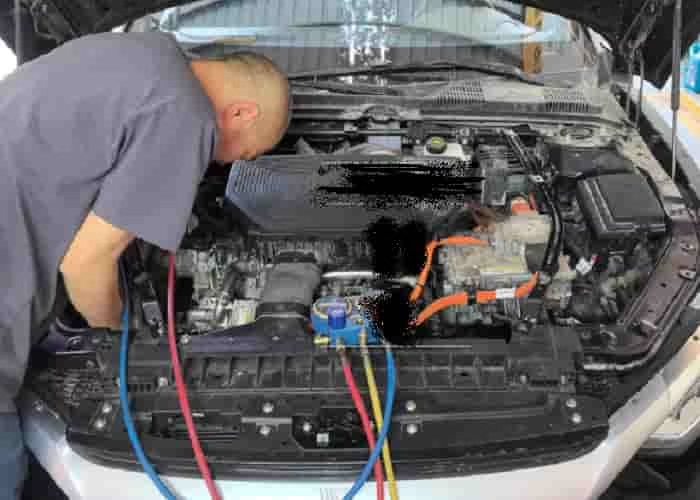
Leave a Reply